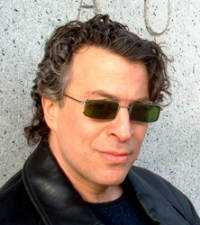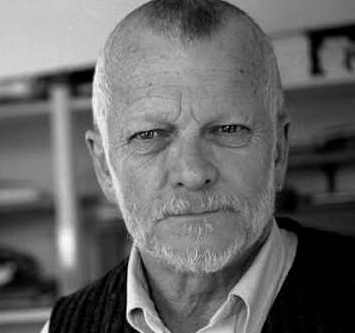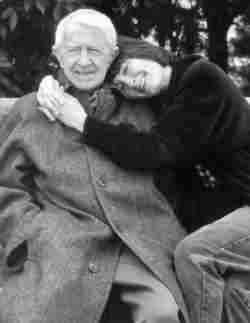Jack Kerouac and the “Beatnik crap” that cheapened the memories of jazz icons
In this short excerpt from David Amram’s 2002 biography Offbeat: Collaborating with Kerouac, Kerouac talks with Amram about how the “Beatnik crap” that Kerouac and his friends reluctantly represented was “distorting everything,” and “cheapening the memories of Charlie Parker, Dizzy Gillespie, and Thelonious Monk.” It is an interesting and entertaining view of that era, filled with the vigor, passion, wit and wisdom Kerouac is remembered for.
_____
In January of 1959, we collaborated with a once-in-a-lifetime group of artists on the film Pull My Daisy. In addition to appearing in the film as Mezz McGillicudy, the deranged French horn player in the moth-eaten sweater, I composed the entire score for the film and wrote the music for the title song, “Pull My Daisy,” with lyrics by Jack [Kerouac], Neal Cassady, and Allen Ginsberg.
The idea of making a film based on Jack’s work was easier to
...January 22nd, 2018




































